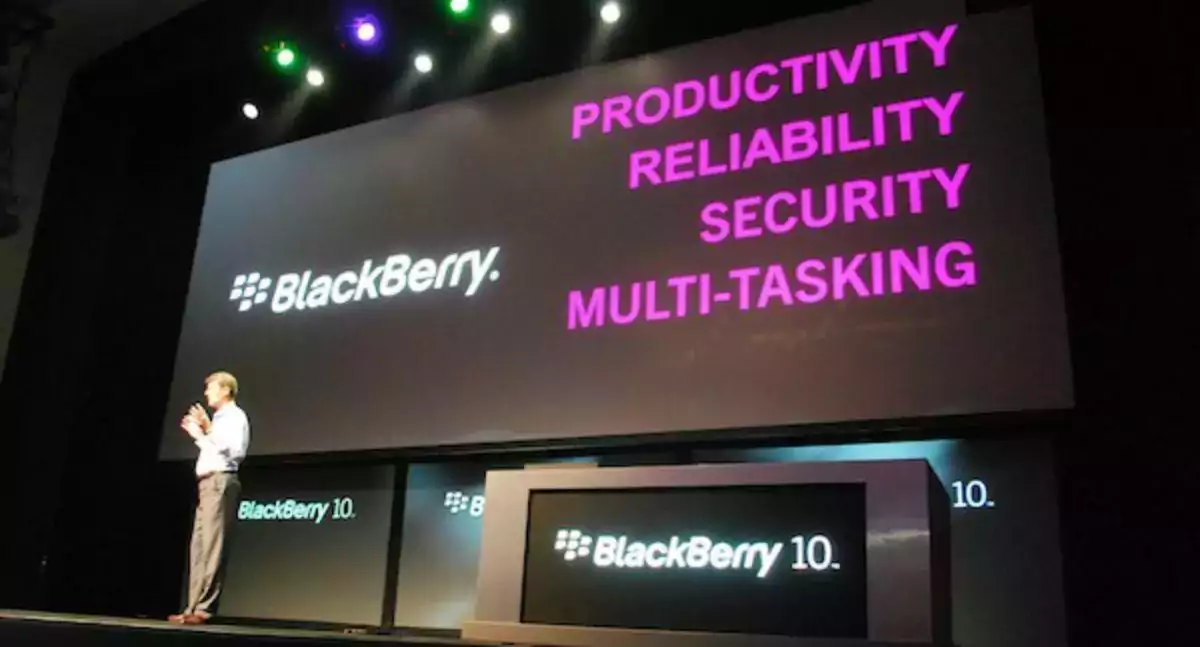BlackBerry wants to settle a long-running lawsuit that claimed BlackBerry committed fraud by pumping up the profitability of its defunct BlackBerry 10 line of phones. Jury selection had been scheduled to begin tomorrow (Thursday, April 7, 2022).
U.S. District Judge Colleen McMahon in Manhattan federal court granted a request by lawyers for BlackBerry and the shareholders to adjourn their planned trial so they could negotiate a preliminary settlement in the class action.
Any settlement will require the judge’s approval.
Back in March of 2015, BlackBerry won the dismissal of a U.S. lawsuit accusing it of fraudulently inflating its stock price by painting a misleadingly upbeat picture of the prospects for its BlackBerry 10 smartphones.
However, after the plaintiffs submitted an amended lawsuit in 2018, over statements related to BlackBerry 10, a US Judge rejected BlackBerry’s request to dismiss the amended lawsuit.
Just three months ago, in January of this year, U.S. District Judge Colleen McMahon threw out BlackBerry’s latest bid to dismiss the lawsuit and said the class-action case could go to trial this fall.
Low sales of BlackBerry 10 smartphones led to a projected $930 million writedown for unsold inventory on Sept. 20, 2013, causing BlackBerry shares to lose about one-sixth of their value that day.
In the original lawsuit, shareholders accused BlackBerry of overstating how well customers were “embracing” BlackBerry 10, and manipulating its books by recording revenue too fast and waiting too long to write off unsold inventory.
The amended complaint was based in part on information from the 2015 prosecution of James Dunham, a former chief operating officer at the retailer Wireless Zone.
That case revealed how an April 2013 report by Detwiler Fenton showing a high return rate for the BlackBerry 10 was based on data sold by Dunham from some 400 Wireless Zone stores.
Dunham pleaded guilty to selling confidential wireless industry information and was sentenced to five months in prison.




